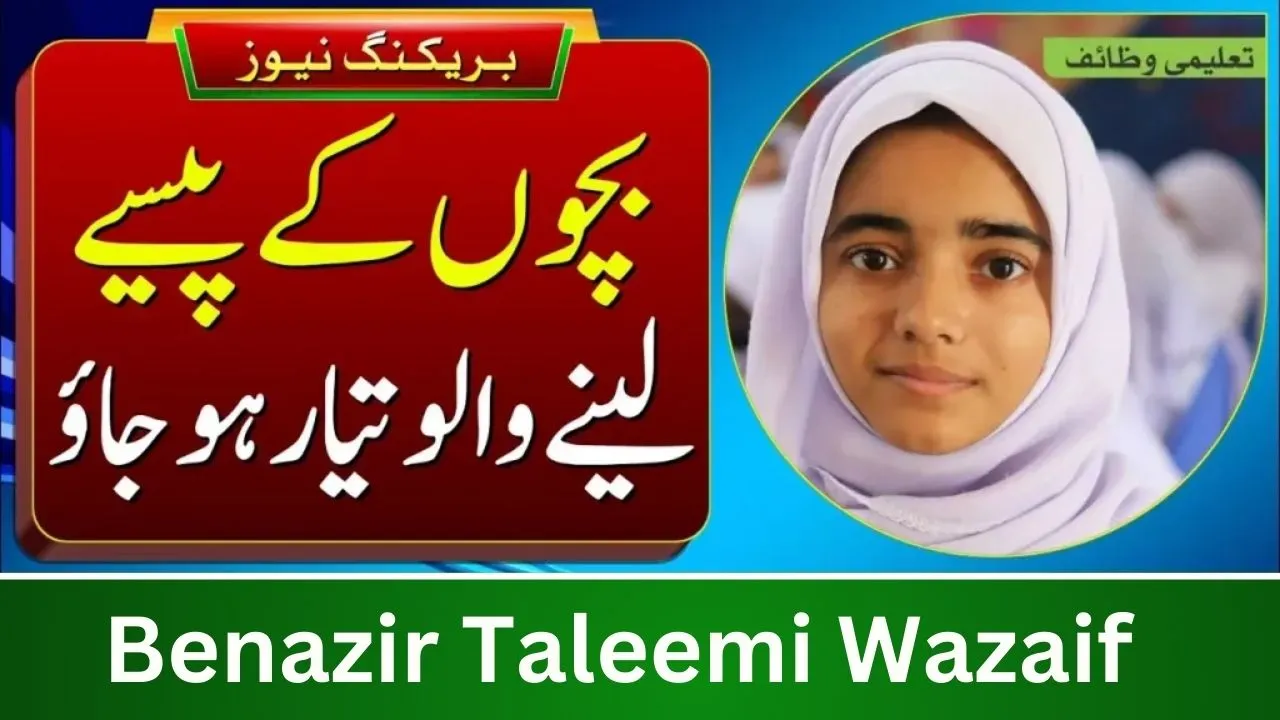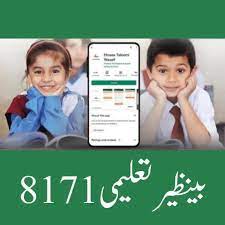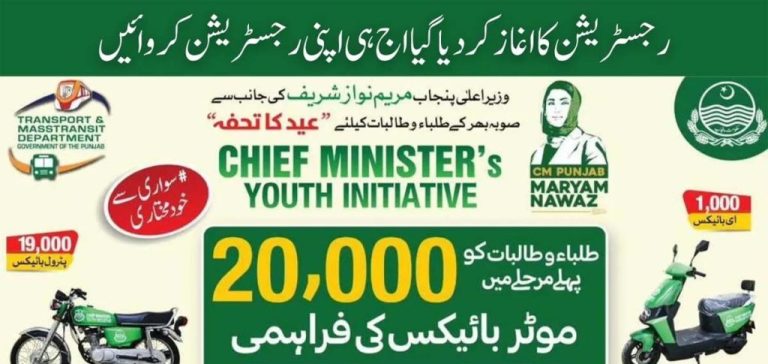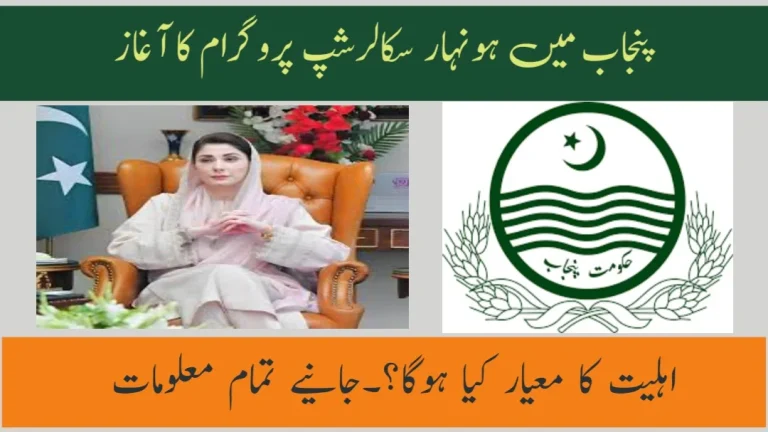Benazir Taleemi Wazaif Program: Step-by-Step Guide 2025
Benazir Taleemi Wazaif Program
The Benazir Income Support Programme (BISP), established in 2012, actively supports children from disadvantaged households across Pakistan through the Benazir Taleemi Wazaif project. This initiative offers scholarships ranging from 1,500 to 4,000 rupees for children. Shazia Murree, the Federal Minister overseeing the Benazir Income Support Program, has announced the nationwide launch of this project in all cities across the country.This proclamation demonstrates a determination to foster education, particularly among poor people. The Benazir Taleemi Wazaif initiative encourages students to complete their primary, intermediate, and upper secondary schools. It is accomplished by supporting the costs of their education and other necessary obligations Benazir Taleemi Wazaif Program.

Benazir Taleemi Wazaif Program: What Does It Mean?
The program is called Benazir Taleemi Wazaif (formerly known as Benazir Education Scholarship). It provides monetary prizes to qualified households each quarter, provided that their children have completed the requirements related with school enrollment and attendance. The project, named after Benazir Bhutto, who recently served as Pakistan’s Prime Minister, strives to carry on her legacy by providing educational opportunities to the country’s younger population.
The reason for Benazir Taleemi Wazaif’s existence:
In Pakistan, the Benazir Income Support Program has a solid track record of supporting those living in poverty. The Benazir Taleemi Wazaif scholarships actively address the economic barriers that prevent many students from accessing educational opportunities. These grants aim to promote education among economically disadvantaged individuals, spread awareness within BISP communities about the importance of elementary, secondary, and higher-secondary education, boost school attendance, and reduce dropout rates. By doubling the number of children enrolled in educational institutions, the program encourages consistent attendance and fosters a commitment to quality education.
Beneficiary Groups That Should Be Targeted
- The program primarily targets candidates from households who earn less than the stipulated minimum income.
- Students who are financially unable to pay for their education owing to social and economic constraints
- Students who are female and come from rural are particularly valued.
Who is eligible for the Benazir Taleemi Wazaif, and are you eligible to apply for the Benazir Taleemi Scholarship?
You can find out whether you are eligible for the Benazir Taleemi Wazaif Program by following a few simple guidelines:
Visit the official website to learn more: Visit the Benazir Taleemi Wazaif Program’s official website to learn more about it.
2. Browse for the Eligibility part:
Look for the section at the bottom of the page that outlines the eligibility conditions.
3. Provide the Mandatory Details.
Please include the following information: your age, your school or college, your family’s income, the number of dependents you have, and your geographical location.
4. Please provide your information below.
Submit the data for identity verification as soon as you have completed all of the required information.
5. Request Confirmation:
After the verification procedure is finished successfully, you will be requested for confirmation to confirm your qualifying status.
The criteria for eligibility
- To qualify for the Benazir Taleemi Wazaif Program, one must meet various requirements:
- To be eligible for elementary school, the child must be between the ages of four and twelve.
- The secondary school’s maximum age range is eight to eighteen years.
- Children from 13 to 22 can enroll in higher-secondary school.
- To be eligible for the scholarship, you must maintain a minimum attendance rate of 70%.
Simplifying Eligibility Standards
To be eligible for the Benazir Taleemi Wazaif Program, you must have satisfied the following requirements:

Positive features of the program:
Benazir Taleemi Wazaif Program offers a number of benefits, including:
- Academic Support: Students who meet the qualifications are eligible for financial assistance to cover various educational expenses such as tuition, books, and school uniforms.
- Students are given the opportunity to be unaffected by economic adversity and realize their goals thanks to the initiative’s promotion of education, which is empowering.
- Equality of Opportunity: Regardless of household income, every child obtains an outstanding education.
Intentions of the Benazir Taleemi Wazifa Organization
The main objectives of the Benazir Taleemi Wazaif are as follows:
• Use monetary incentives to increase school attendance and reduce dropout rates.
The program fosters a long-term understanding of the value of education, particularly for girls, by addressing the economic factors that contribute to Pakistan’s large number of underprivileged children not enrolled in school and providing supplementary financial aid specifically tied to their education.
• Educational awards supplement BISP participants’ regular monetary transfers. The primary goals of these awards are to alleviate current economic hardships and contribute to the expansion of the nation’s workforce.
Guidance from the BISP Helpline:
If you need further information or assistance with the BISP academic scholarship, you can contact the designated BISP helpdesk. The hotline’s professional team is available to answer any questions you may have, provide guidance, and assist you in addressing any issues that may arise during the registration process.
Please call the following toll-free number to talk with a representative from the BISP helpline:
Conclusion:
The initiative’s innovative concept, which directly links money transfers to children’s scholastic growth and women’s empowerment, has received praise for its groundbreaking design. Early assessments show that it has resulted in an increase in enrollment, an improvement in attendance, and a decrease in dropout rates. The BISP works to improve program awareness and effectiveness by improving eligibility criteria, enhancing observation systems, and forming collaborations with funders and regional stakeholders.







